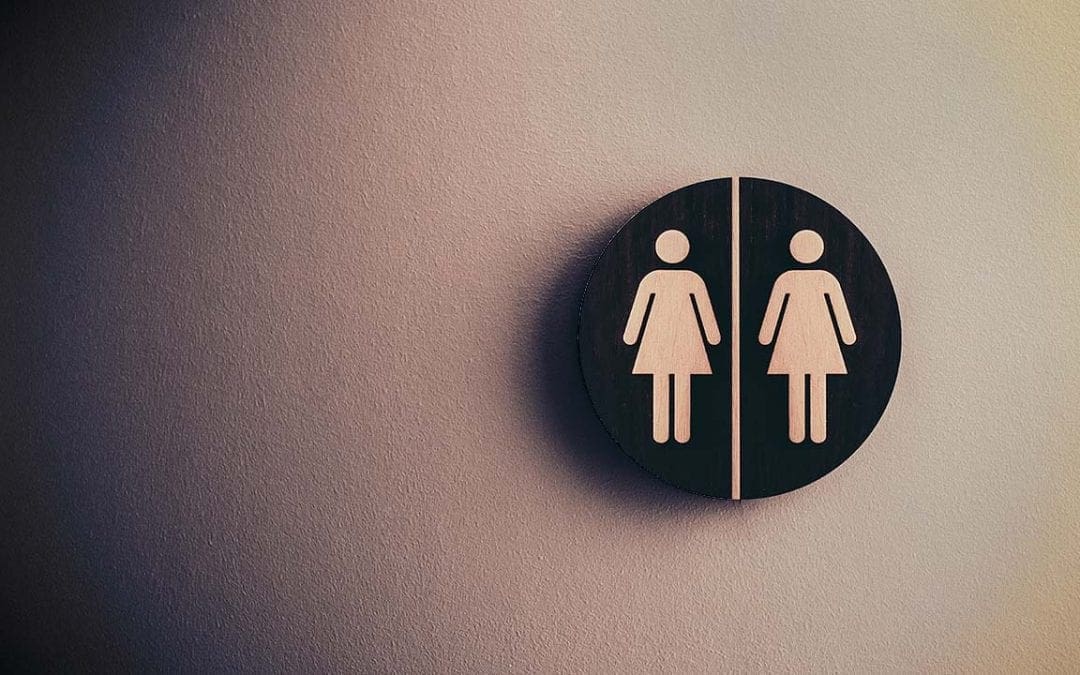While the health conditions it covers are not new, urogynecology as an area of medicine itself is relatively new. A urogynecologist is a specialist who treats pelvic floor issues specific to women. They are physicians trained in obstetrics and gynecology who also specialize in urology, reproductive health, and gastroenterology.
Pregnancy and childbirth, menopause, and even straining to lift something heavy are some of the primary reasons women experience pelvic floor disorders and decide to see a urogynecologist. If you have ever asked yourself one of the questions below, you may benefit from seeing a urogynecologist.
“Why do I pee when I laugh?”
If you have ever asked yourself, “Why do I pee when I work out?” or “Why do I pee when I sneeze?” you may be dealing with stress incontinence. Following pregnancy and childbirth, it is common for women to experience urinary incontinence. Incontinence is far more common than you may think. Bladder leakage is associated not just with pregnancy and childbirth, but also aging and menopause.
But chin up, lack of bladder control may be due to a treatable pelvic floor condition. When you speak with your doctor, ask about your options. Whether it is a vaginal mesh device or addressing issues with your pelvic floor muscles, the solution is out there.
What is vaginal prolapse?
Sometimes the muscles in the pelvis that support the rectum, bladder and urethra, and uterus weaken or experience nerve damage. While this may happen with age, it is extremely common after pregnancy and childbirth. As a result, these organs press up against and even slip into the vagina. This is called pelvic organ prolapse.
Sometimes the top of the vagina or the cervix can also fall down into the vagina. Vaginal protrusion, while common, is a serious condition that requires medical care. Pelvic organ prolapse can cause painful urination, constipation, and vaginal dryness.
“Why do I still have to go to the bathroom?”
If you’ve ever finished up in the bathroom and immediately have the sensation that you need to pee again, then you have experienced the “phantom pee.” Urge incontinence is when you feel like you haven’t gone all the way, still have to pee, or immediately feel the urge to urinate again.
Sometimes the uterus, bowel, or bladder can protrude into the vagina, making it difficult to empty the bladder or complete a bowel movement. Vaginal prolapse can make sex painful as well. If you’re experiencing any of these symptoms, speak with a urogynecologist as they may worsen.
“Why do I leak after I’ve already peed?”
Some women feel like they have completely emptied their bladder only to find that they leak urine after finishing up in the bathroom. This is called “overflow incontinence.” If this has happened to you, you may not have even been aware that your bladder wasn’t empty. Needless to say, the sensation comes as a surprise.
Overflow incontinence tends to be more common in women suffering from conditions like diabetes or neurological disorders like multiple sclerosis. Whatever the reason, it is important to speak with your physician about urinary retention to uncover or rule out any potential underlying causes.
“Why is my poop leaking?”
Problems with bowel control are common. Fecal incontinence affects more than 5.5 million Americans. Some people feel the urge to go when it’s time but lack the control to make it to the restroom in time. Others may also find that they leak a little poop when they pass gas.
While underlying causes may vary, weakened anal sphincter muscles and pelvic floor problems may be to blame. If this is something that is impacting your quality of life, treatment for fecal incontinence is available. Set up an appointment with a urogynecologist to discuss treatment options. Dr. Jason Hurt, who practices at Parkhill, is board-certified in female pelvic medicine and reconstructive surgery and is the only urogynecologist in Northwest Arkansas.
“Why does it hurt when I have sex?”
Painful intercourse may be experienced as a dull ache, pain in vagina, vaginal dryness, pelvic discomfort or other symptoms so severe you have no interest in sex. Whatever the level of discomfort, painful sex may be symptomatic of a treatable health condition. Urogynecologists specialize in urology and obstetrics and gynecology, so they are uniquely equipped to listen and work with you to find a solution.
“Do I need pelvic reconstruction?”
Almost one quarter of women have a pelvic floor disorder. Depending on the specific condition, reconstructive surgery for pelvic floor disorders can be a game-changer. Make an appointment with a urogynecologist to discuss pelvic floor reconstruction and other treatment options as soon as you can.
The severity of vaginal prolapse will determine whether or not you need surgery. If you do require surgery, you will be in good hands at Parkhill the Clinic for Women. Dr. Hurt is the only urogynecologist in NWA and has received training in advanced robotics for minimally-invasive procedures that require only a small incision to correct pelvic floor problems.
Should I see a urogynecologist?
You don’t need to see three specialists to address your pelvic floor problems. Eliminate the need to visit a gastroenterologist, OBGYN, and urologist separately. Speak with a urogynecologist to find a solution that works for you. You deserve a better quality of life.
The doctors and staff at Parkhill The Clinic for Women will listen to and trust your concerns. We want your quality of life to be the best it can possibly be. Be a part of the activities you love, without the worry of being embarrassed or uncomfortable.
This information is provided only for general information purposes and is not a substitute for professional medical advice from a licensed medical care practitioner. It should not be used to diagnose, treat, or make decisions about your personal health. If you think you may be having a medical emergency, call your doctor immediately or dial 911.



